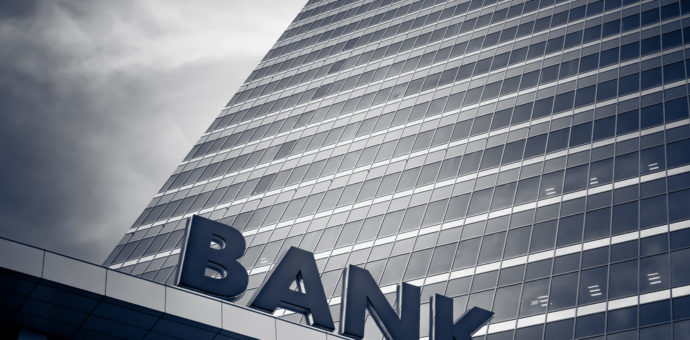Blockchain goes far beyond being a network in which it is possible to create and maintain cryptocurrencies. Thus, the technology presents a range of possibilities of uses for banks. Check some of these potential uses below.
Customer identification system
Each time the customer decides to create an account in a new financial service, he needs to go through an identity verification process. However, blockchain can simplify this, Fintech News says.
Thus, it would be enough for the user to register and prove their identity once. This data recorded on the blockchain could then be reused with each new registration.
Facilitate compliance processes
Another possible use of blockchain by the banking technology sector is in the area of compliance. Deloitte recalls the requirements of anti-money laundering measures (which generate high costs for financial institutions) and those related to know your client (KYC), causing operations to take longer.
In this scenario, some institutions began to share information about their customers, but still without blockchain. However, the adoption of the technology, in this case, could automate processes, reducing the chance of errors. It could also eliminate the need for a duplicate effort to comply with KYC (which is usually done by the two companies involved).
Accelerate payments
Using a blockchain as a base network for making payments allows these transactions to be more agile and costless. As in the previous example, where this technology facilitates the identification of participants, so it could by making payments.
It is worth remembering that, despite immediate and no-cost transfers, Pix does not use blockchain.

International payments
In this case, blockchain reduces costs and can make the process faster by exempting authentication from a third player.
Auditing and accounting
With blockchain, instead of saving receipts for each transaction, it would be possible for companies to record these operations in a joint system. And encryption would protect data to ensure privacy —by sharing it only with the proper and required institutions.
Such a system would make it difficult to falsify records, Fintech News reports. And blockchain standardization would allow auditors to access the most essential data in financial statements automatically.
Trade Finance
The Financial Times points to trade finance — that is, trade-oriented financing — as another area where banks can use blockchain. Because these processes are still very dependent on paper, blockchain can simplify this by facilitating multiple participants’ access to information.
Experts pointed out to the newspaper that it is necessary to digitize all operations in addition to taking advantage of these blockchain possibilities. It includes, for example, ports and freight operators — in the case of international shipping.
Credit history
The credit history of a person or company changes the conditions for borrowing, for example. With blockchain, checking this history would be faster.
Consulting firm McKinsey & Company says this also increases the data available to banks to make less conservative decisions.







